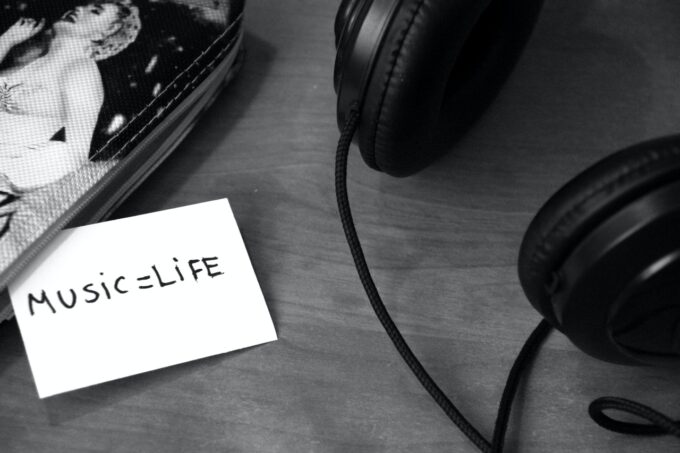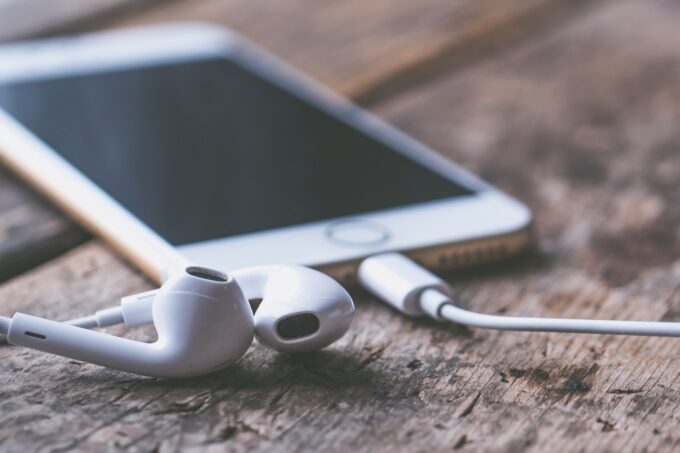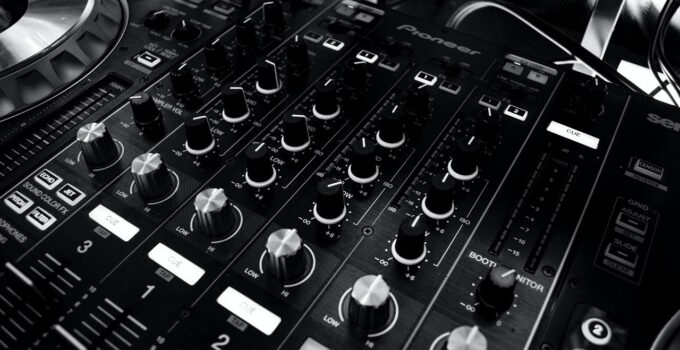It appears as if it was every artist’s dream to sign with a record label. They’ve got the connections, the money, and the resources to turn you into a big name. However, record labels come with a lot of strings.
You are losing the rights to your own music. As if that wasn’t enough, you often don’t have any say any more about what you’re going to record. The label will put a songwriter at work and they dictate what you’ll play. You earn much less too since all the fees for promotion, the revenue deducts recording, and pressing from it. Hence, the big dream comes with a high price. But the music industry has evolved. It grew to such a degree that you don’t need them anymore. Find out more about digital distribution companies for indie artists at aristake.com.
Once Upon a Time…

Source: pexels.com
You could simply practice, play live gigs, and eventually, you’d be discovered. Of course, you’d write your own songs but recording your own album was quite out of reach. Without being signed by a label you’d not be able to record any of your tunes. Yet alone recording your very own single or album was pretty much the best that could happen to you. Once you signed on to a label, you could reach more potential fans. Once your record was created, it’d be sent out to music stores. Music stores were also a hub for radio stations. If they discovered your record and liked it, they’d play it on the radio. Depending on how many listeners there were, they’d play it over and over. At the same time, you’d be able to go on nationwide tours since the record label had the connections.
But even in those times, musicians didn’t earn a lot from being signed on to a label. Additionally to all other fees, such as for promotion, pressing vinyl and so on, they’d deduct a breakage fee. Yes, this is certainly long ago, but it was always estimated that at least one in five of your vinyl would be damaged during transport.
A Tour Can Be Quite Expensive
A hefty percentage of 20 % of your royalties turns into compensation for possible transportation damages. Believe it or not, this old fee has remained a part of most record deals up to today. You could play as much as you like, go on tour as much as possible.
The bottom line always has been that there’s only a fairly small part going into your pocket. It’s quite frustrating and might explain why so many big names surrendered to drugs. It wasn’t just the pressure they were under from their labels. It was also the pressure to earn more despite all sorts of fees deducting from their royalties.
At best, artists would only receive 15 % from their royalties once they got a record deal. That doesn’t sound like much, does it? It certainly explains why signing record labels are compared to making a deal with the devil.
Times Have Changed. A lot.

Source: pexels.com
Since the early 2000’s it has become more and more popular to play music in a digital way USB sticks and iPods made it possible to store more than just one album on a device. CDs have become obsolete as fans could start buying music in virtual shops. And this is pretty much where a loophole for indie artists was created: digital distribution makes record labels obsolete.
At the same time, new technology entered the scene. You don’t need a studio anymore to record your tunes. You can do it all by yourself with some decent audio software, a microphone, and a headset.
Anyone can record his own record with his own songs. Of course, you can also make your own CDs, create some cover artwork and designs for merchandise. That being said, with the approach of the digital era, it’s never been easier for indie artists to distribute their own music. The best of it is, you keep all of your rights.
Digital Distribution Companies Are The Bridge To The World
Even though everyone can literally buy music online, it can be tricky to get a streaming service to take your single or record. Each music store or streaming service has its own rules as to which music they accept. Furthermore, it can become rather difficult to deal with each platform and to collect your royalties regularly. Spotify has been the only platform that made it a little easier for indie artists, but the more indie artists came to them, the more paperwork they had to pay royalties.
As this trend was noticed. Digital distribution companies came into being and eased the process for any indie artist. The huge advantage of it is that they automatically distribute your music to several platforms at the same time. You could hardly achieve this on your own. Well, maybe you could, but it’d involve a lot of work and stress. If you register with it, you may pay a small fee for their services.
But at the end of the day, your life has become so much easier. You write your songs, record them, upload them, and within a few days, they’re available on hundreds of streaming platforms.
Of course, those include Apple, YouTube, Soundcloud, and Spotify. Digital distribution companies basically take on the hassle to do the stressful work for you. They also collect royalties for you. Contrary to working with record labels you remain independent and earn at least about 80 % of your royalties without any strings attached.
And Finally, Promote yourself

Source: pexels.com
The only thing digital distribution companies don’t do for you is the promotion part. In this day and age, it’s almost as easy to promote yourself via social media. Social media presence is the most important key to build up momentum and achieve your desired success. Some companies offer additional tools and tutorials about promoting yourself.
For example, they may include a tool that allows you to post content to any of your social network platforms at once. Additionally, some digital distribution companies have contacts with streaming services. When they notice your tunes catch up, they’d fiddle with playlist algorithms to suggest your music to more listeners.







